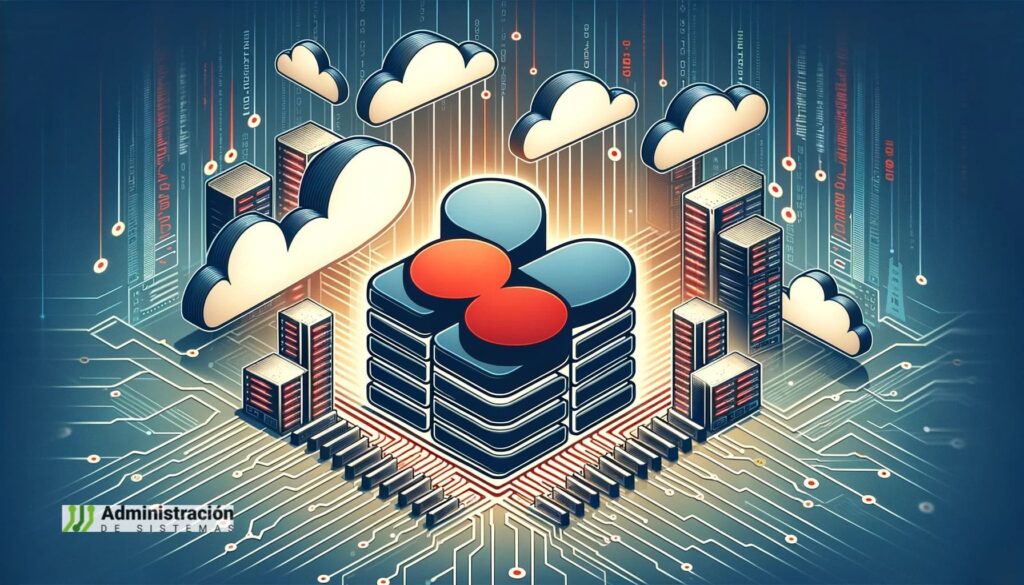After a year of backlash over license changes, Redis reintroduces an OSI-approved open source license and launches Redis 8.0 with major performance upgrades and new features.
Redis, the popular in-memory data store and key-value database, has released version 8.0 — and with it, a significant shift in licensing strategy. Starting with this release, Redis is now available under the GNU Affero General Public License v3 (AGPLv3), a license approved by the Open Source Initiative (OSI), signaling a renewed commitment to the open source ethos.
This move comes after a tumultuous year in which Redis Labs, the company behind Redis, adopted the Server Side Public License (SSPL) and Redis Source Available License (RSAL) — a decision that drew heavy criticism and triggered a wave of forks, most notably Valkey, maintained by the Linux Foundation.
From Fragmentation to Reconciliation
In March 2024, Redis Labs switched to SSPL to protect its commercial interests, particularly from cloud hyperscalers like AWS and Google Cloud, which were monetizing Redis with little contribution back. While this shift achieved its intended effect — AWS and Google now maintain their own forks — it also fractured the Redis ecosystem.
SSPL is not recognized by the OSI as a true open source license, and this divergence caused major Linux distributions and community projects to drop Redis in favor of Valkey or other forks. Now, with Redis 8.0, the company is taking a step toward healing that rift by adding AGPLv3 as a third licensing option — alongside SSPL and RSAL.
What’s New in Redis 8.0?
Beyond the licensing news, Redis 8.0 introduces several technical enhancements aimed at performance, scalability, and developer experience:
- New data type: Vector Sets, the first major addition in years, designed by Redis creator Salvatore Sanfilippo (a.k.a. antirez), who rejoined the project in late 2024 as a developer evangelist.
- Redis Stack features — including JSON support, Time Series, probabilistic data types, and the Redis Query Engine — are now part of Redis Core, released under AGPL.
- Over 30 performance optimizations, including commands up to 87% faster and 2x throughput in intensive workloads.
- Deeper community integration, especially around the client ecosystem and contributions from third-party developers.
The team behind Redis says this version reflects both a technological evolution and a philosophical one: a recommitment to community principles without abandoning the realities of business sustainability.
A New Chapter — With Old Lessons
In a blog post, CEO Rowan Trollope acknowledges the fallout from the licensing shift and frames the addition of AGPLv3 as a way to restore balance:
“AGPL gives us a path to protect innovation while staying true to the spirit of open source. We’ve listened, we’ve learned, and with Redis 8, we’re moving forward.”
Trollope also credits Salvatore Sanfilippo’s return as a catalyst for internal reflection and renewed focus. Working closely with the CTO, Benjamin Renaud, and core Redis developers, the company has redefined its direction: one Redis, one license path forward, and a stronger partnership with the global developer community.
Still a Tension Between Open Source and Cloud Monetization
The core challenge Redis faces — like other open source projects such as MongoDB and Elastic — is how to defend against cloud providers extracting value without reciprocating. The AGPL license tries to solve this by requiring that any network-accessible modifications also be open sourced. While still controversial among some enterprise users, AGPL is OSI-compliant and widely accepted in the open source ecosystem.
This triple-license model (AGPLv3 + SSPL + RSALv2) is not perfect, and critics may still argue that it creates ambiguity. But it’s a clear signal that Redis Labs is trying to bridge the divide between commercial protection and open source collaboration.
Conclusion
Redis 8.0 isn’t just a major version bump — it’s a statement. With a new OSI-approved license, cutting-edge features, and dramatically improved performance, Redis is aiming to reclaim its place at the heart of the open source infrastructure world.
Whether the move is enough to win back the distributions and developers who walked away remains to be seen. But one thing is certain: Redis is evolving — and this time, it’s listening.
Redis 8.0 is now available on Redis.io. The codebase includes all updates under the AGPLv3, SSPL, and RSALv2 licenses.

